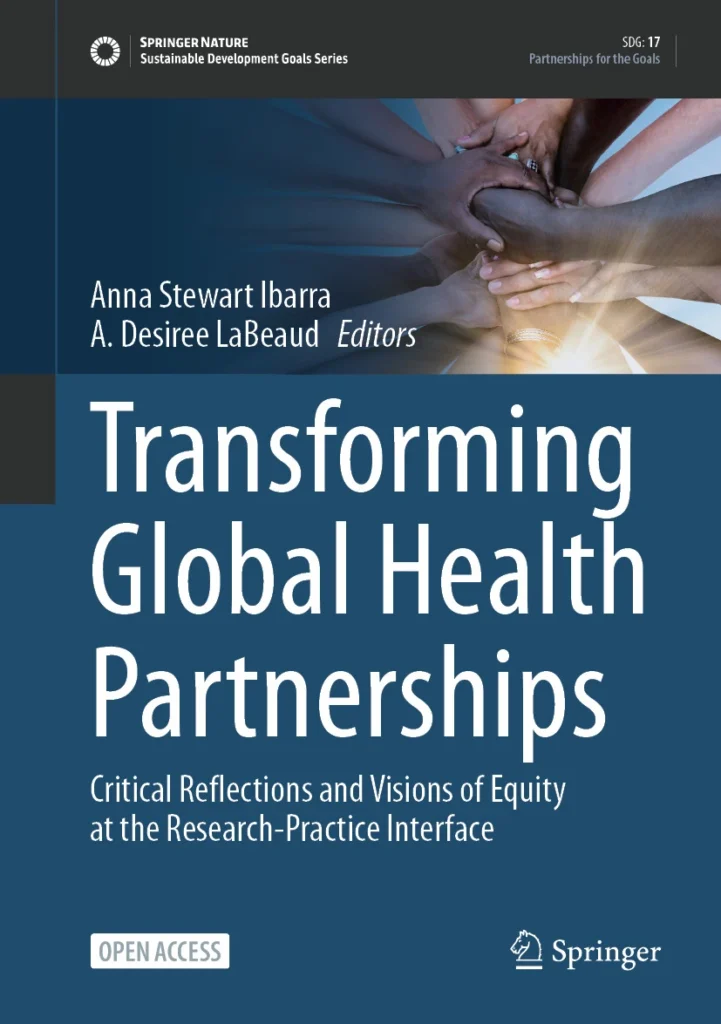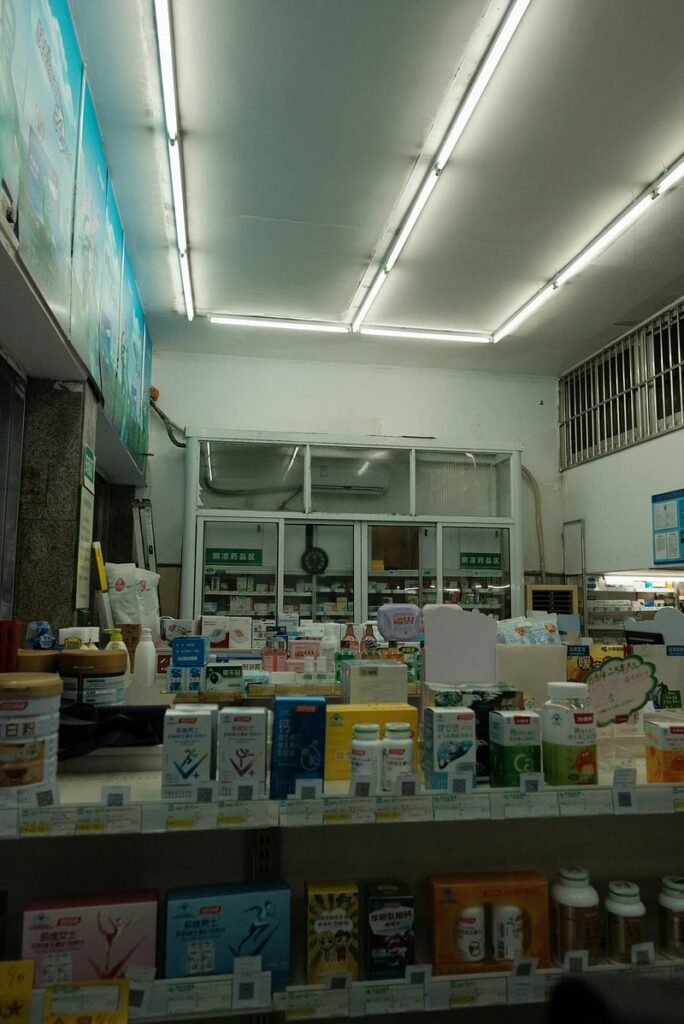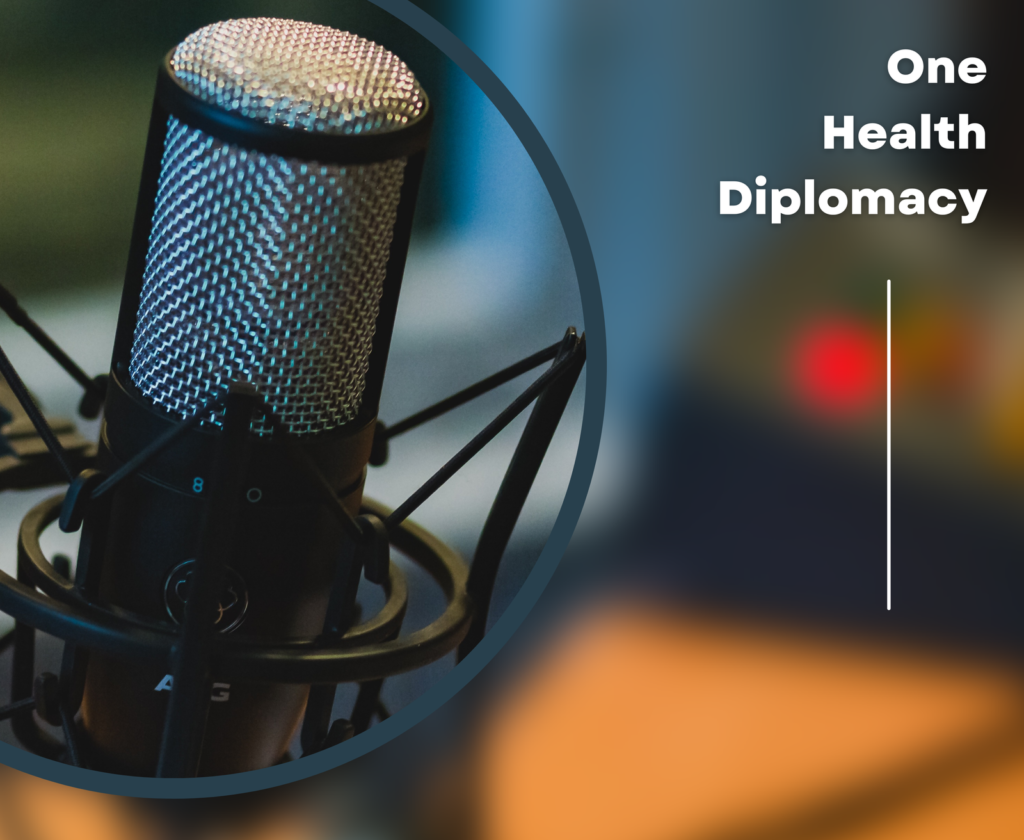India’s Vaccine Diplomacy to Southeast Asia in the Context of “Act East Policy”

This chapter of the book, India and Southeast Asia in a Changing World, examines how India’s Act East Policy (AEP), initially implemented from 2014–2019 to strengthen ties with Southeast Asia, adapted in response to the COVID-19 pandemic through the emergence of vaccine diplomacy. With Southeast Asian nations identified as key partners, the chapter explores how vaccine diplomacy became a strategic tool for advancing AEP objectives during the global health crisis. It provides a detailed review structured in three parts: first, analyzing the strategic importance of Southeast Asia within India’s vaccine diplomacy efforts; second, outlining the specific modalities through which India implemented this approach; and third, assessing the impact of these efforts on the broader implementation and future trajectory of AEP in the region. This comprehensive analysis sheds light on how health diplomacy reshaped regional engagement during a critical period. View
Transforming Global Health Partnerships

Transforming Global Health Partnerships: Critical Reflections and Visions of Equity at the Research-Practice Interface, edited by Anna Stewart Ibarra and A. Desiree LaBeaud. It is part of the Sustainable Development Goals Series. With contributions from over 90 authors across 26 countries, it examines the global health landscape through themes such as decolonization, ethics, gender, systems approach, transdisciplinary science, Planetary Health, One Health, and communication. Covering historical contexts, case studies, and future visions, the book emphasizes equitable and impactful partnerships among researchers, community leaders, and policymakers to address global health challenges. Download book
Analysis of the rainfall variability and change in the Republic of Benin (West Africa)

This article by Yédjinnavènan Ahokpossi investigates temporal variations and trends in Benin’s annual rainfall distribution from 1940 to 2015 using data from six meteorological stations and three rain gauges. Various statistical methods, including modified Mann-Kendall and Bayesian change point detection, were employed to analyze trends, abrupt changes, and variability. Results revealed periods of wet and dry phases and correlations between rainfall and atmospheric indices like the North Atlantic Oscillation and El Niño. The study offers insights into climate variability in Benin and the influence of oceanic and atmospheric factors on rainfall patterns. Download
Skin Diseases as a Global Health Priority

Skin diseases represent a critical, often underestimated global health challenge, impacting over 25% of the population and causing approximately 120,000 deaths each year. Beyond physical symptoms, they significantly impair quality of life, productivity, and social inclusion, leading to serious mental health challenges. Disparities in healthcare access, especially in low-resource settings, further intensify these impacts, while environmental factors like climate change and pollution exacerbate conditions globally. Addressing skin diseases as a public health priority within the WHO’s Universal Health Coverage (UHC) framework is essential for equitable health outcomes. This integrated approach emphasizes the need for increased research, policy support, and sustainable funding. Through health diplomacy, international cooperation can mobilize civil society, healthcare providers, patient organizations, and governments to elevate skin health on the global agenda. An influential coalition supports prioritizing skin health, including: International Alliance of Dermatology Patient Organizations (GlobalSkin) International League of Dermatological Societies (ILDS) International Foundation for Dermatology (IFD) Health Diplomacy Alliance (HDA) Neglected Tropical Diseases Non-Governmental Organizations Network Skin Cross-Cutting Group (NNN Skin CCG) Anesvad Foundation World Alliance for Wound and Lymphedema Care (WAWLC) World Council of Enterostomal Therapists Pan Africa Association of Wound Care Experts Hôpitaux Universitaires Genève (HUG) We are committed to advancing policies and interventions that bridge healthcare gaps, reduce stigma, and ensure no UHC agenda is complete without addressing skin health for all. Read more about it: Background report – SkinDiseases
AMR – Policy Brief

Download HDA Policy Brief AMR AMR – Sustaining Political Commitment to Safeguard Public Health: A Policy Roadmap This publication offers key recommendations for tackling antimicrobial resistance (AMR), including enhancing political commitment, implementing global targets, and ensuring equity in AMR efforts based on the United Nations N General Assembly High-Level Meeting on Antimicrobial Resistance 2024 Political Declaration. Discover our strategic roadmap and join us in addressing this vital public health issue. Click here
Access Campaign – Open Letter

One Health Podcast

Our Founder, Katherine Urbáez, presented a snapshot of the findings on her research about How does Health Diplomacy impacts One Health Implementation; The Cases of Switzerland and Rwanda. Conducted by the Global Health Center of the Geneva Graduate Institute The podcast “Implementing One Health through Health Diplomacy: Comparing Switzerland and Rwanda” explores the founding on how these two nations utilize diplomatic strategies to advance the One Health initiative, which integrates human, animal, and environmental health to address comprehensive health challenges. Switzerland uses its extensive health infrastructure and diplomatic clout to promote One Health principles on a global scale. The country integrates health into its foreign policy and fosters international cooperation to tackle global health issues comprehensively. In contrast, Rwanda focuses on embedding One Health into national policies and local governance. The country has achieved significant progress through community-based health strategies and multisectoral engagement. Rwanda’s approach highlights how effective One Health strategies can be implemented with strong political commitment and innovative local solutions. The podcast underscores the distinct and synergistic methods employed by Switzerland and Rwanda, demonstrating how different strategies can effectively achieve shared health goals. Listen to the podcast

